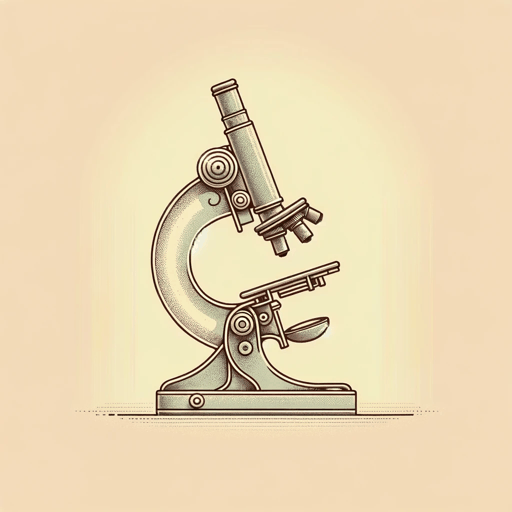39 pages • 1 hour read
William H. McneillPlagues and Peoples
Nonfiction | Book | Adult | Published in 1976A modern alternative to SparkNotes and CliffsNotes, SuperSummary offers high-quality Study Guides with detailed chapter summaries and analysis of major themes, characters, and more.
Important Quotes
“The climate of medical opinion has changed considerably since this book came out, for in 1976 many doctors believed that infectious diseases had lost their power to affect human lives seriously.”
(Preface , Page 9)
McNeill’s book was among the first of its kind to treat disease as an essential element in human civilization. It was also among a rising trend to decenter humanity from its history and situate it within a larger ecological context. Here, he reminds his fellow historians that historical narratives praising humankind’s “triumph” over nature ignore the very real symbiotic balance with nature inherent in civilization.
“Nevertheless, one can properly think of most human lives as caught in a precarious equilibrium between the microparasitism of disease organisms and the macroparasitism of large-bodied predators, chief among which have been other human beings.”
(Introduction, Page 24)
McNeill sets out the dual nature of his book, which is the story of the biomechanical process of humanity’s growth and the parasitical gates to that spread. Much of the richness of humanity’s spread found in other historians’ narratives are lost here; war, politics, and culture come down to simple parasitism in McNeill’s ecological perspective.
“If the alternate host is somehow more important to the parasite, adaptation toward a stable biological balance will concentrate on adjustment to its nonhuman host.”
(Introduction, Page 30)
This is the process by which a disease goes from being epidemic to endemic within a group of people. On the other hand, diseases with only incidentally transfer to humans from more suitable hosts, such as the bubonic plague from rats to humans, never undergo this process of endemicity.

